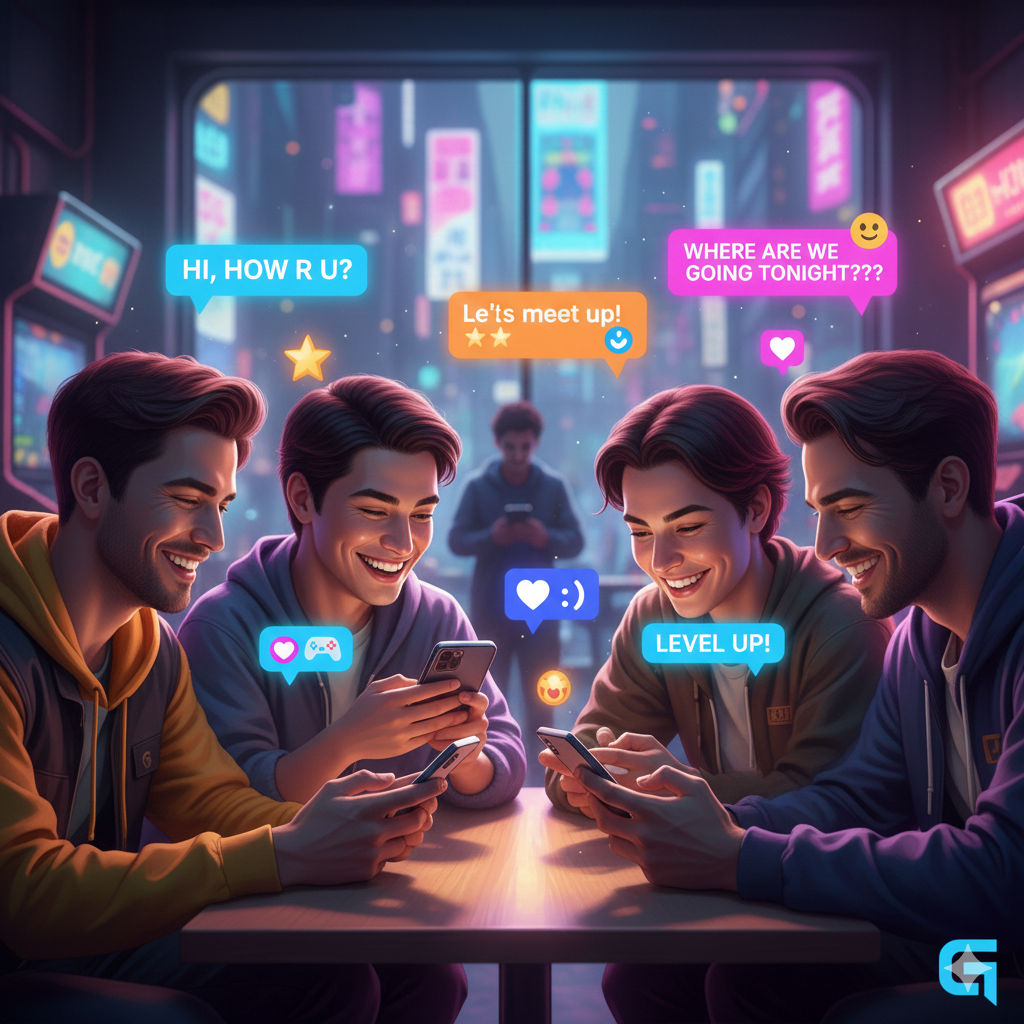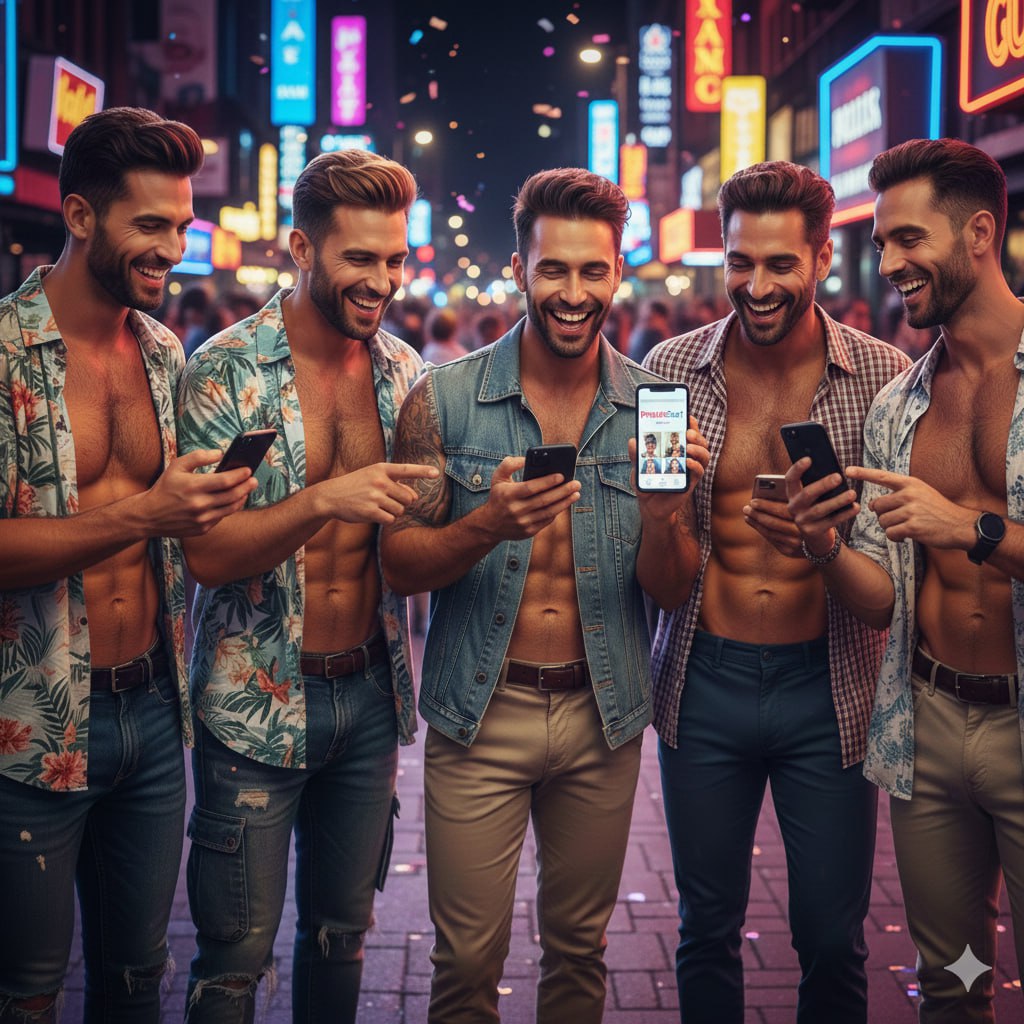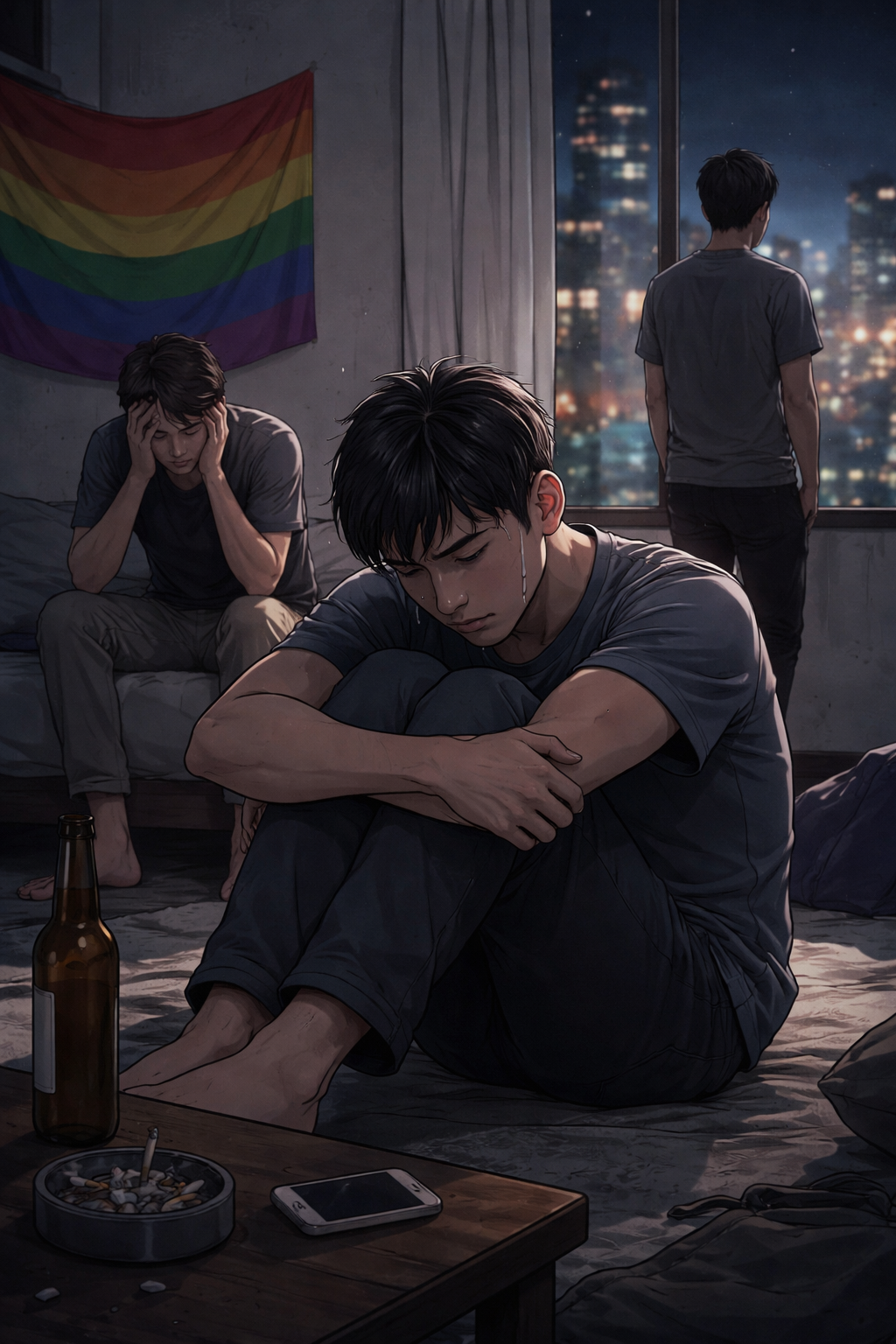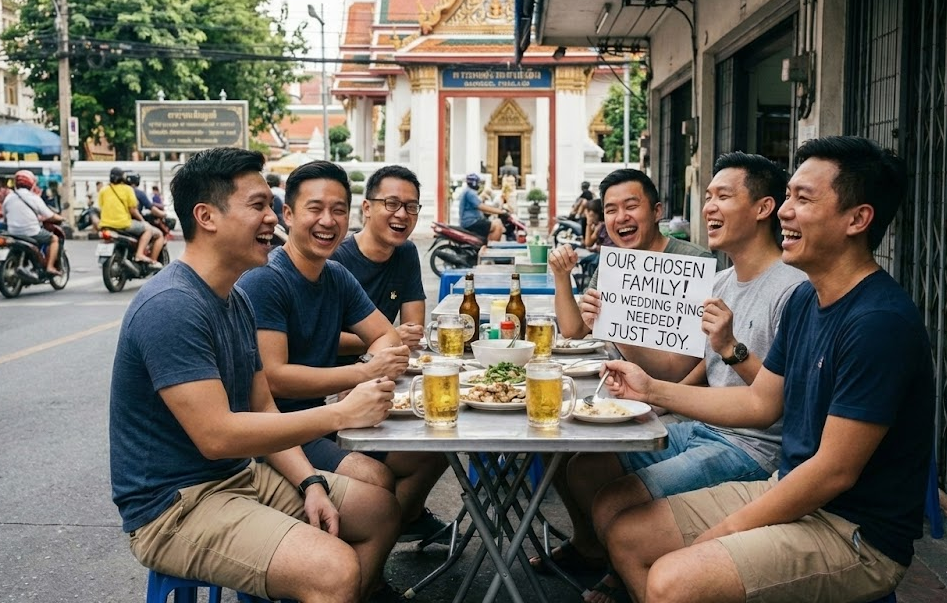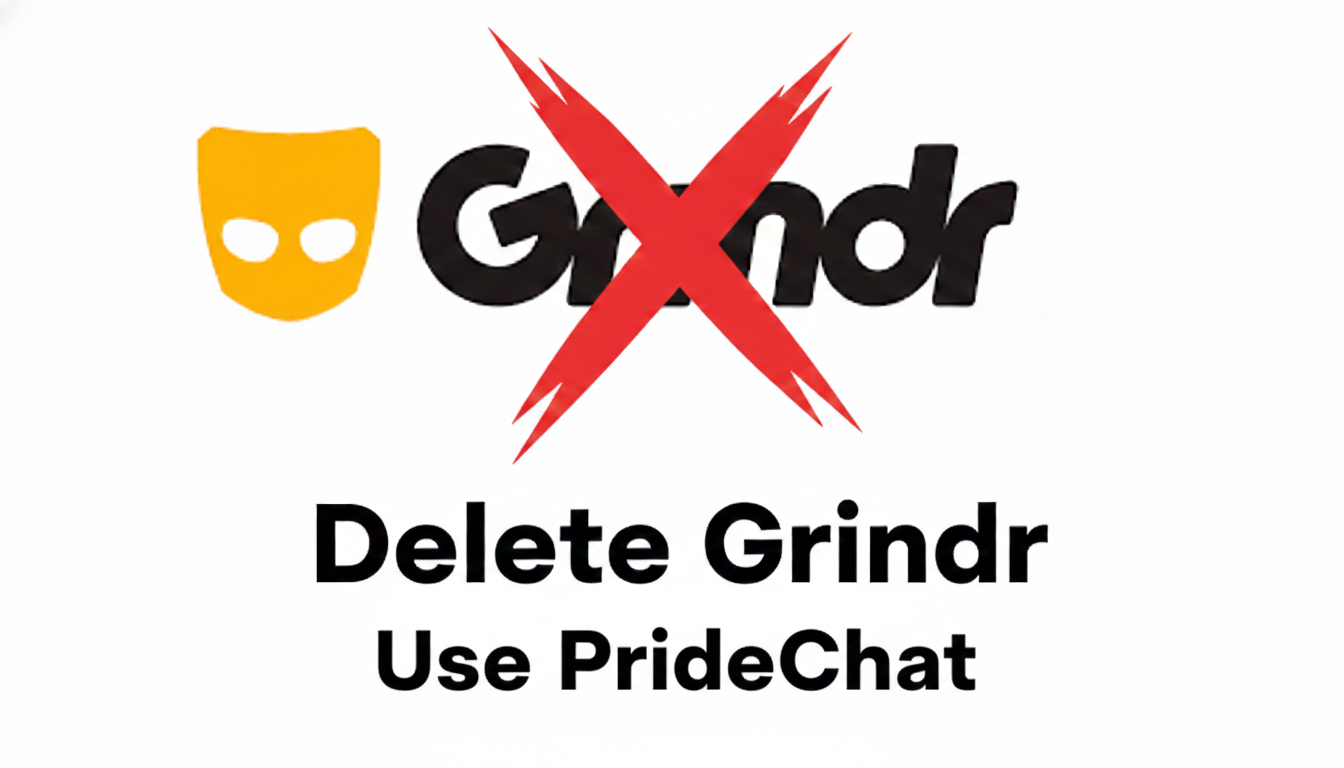
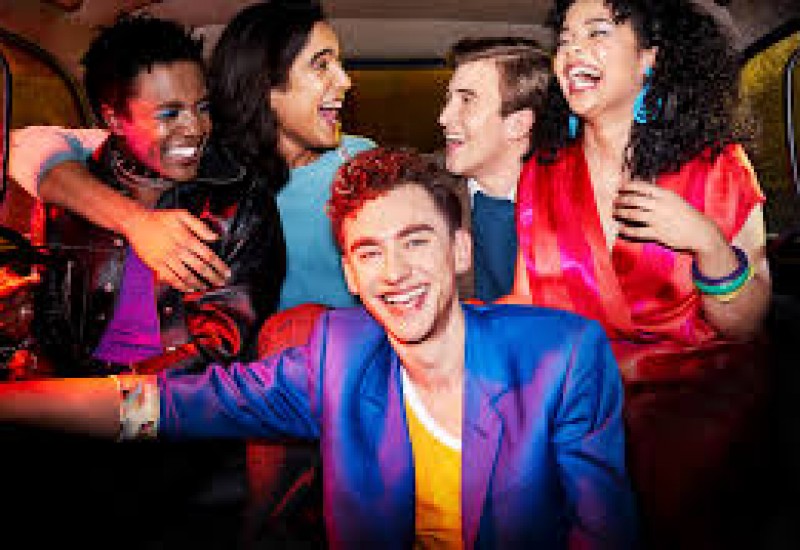
Its a Sin: Olly Alexander
Pride Thailand interview with It's a Sin Star, Olly Alexander who plays Ritchie Tozer
Tell us a little about your character, Ritchie.
Richie is born and raised on the Isle of Wight. He's one of those kids who wants to get out of his small town and escape to London as soon as he can. He's very ambitious, likes to be the centre of attention and the life of the party.
It’s been a while since you last acted, what was it about It’s A Sin that drew you back to acting?
Hearing that Russell was making something new, that was enough for me to want to be involved. Russell's such an iconic voice in British storytelling, and especially queer storytelling, and I would have done anything to work with him. And that was before I'd even read the script. Once I read the script I was like, "oh, holy shit, this is amazing". And then when I read Ritchie, I just really fell in love with him, and how complicated he is, and how moving the story was. I thought, "Wow, I would be so so so lucky to get a chance to be a part of this".
The drama is set almost 40 years ago – what do you think young people today might be able to take from It’s A Sin?
At its heart, the story is so universal. Anyone that's ever experienced growing up or falling in love, having their heartbroken, can empathise with what all these characters go through. Also, I personally have realised how many people are unaware of this specific moment of history and how people were treated, the lives that were impacted, and how those lives were impacted. I think it's going to be quite eye opening for a lot of people. Just speaking as a gay man, it's a really important part of our queer history, and that we share it. And I think it's really helpful to understand some of the ways in which homophobia has persisted and the ways in which the AIDS crisis really, really impacted such a huge community. And in many ways the legacy still remains today, and I think it helps shed some light on a really complicated issue that doesn't get spoken about very much. And it does that by telling a really moving and beautiful story about real people that I think anyone can relate to.
What was it like working with Russell T Davies?
Russell told me that this was something he worked on for a really long time, and it was drawn from a lot of his own personal experiences, and he felt it was a story that he needed to tell and that he was ready to tell now. And I was so moved by that. And I really do think he's a genius, I'm in awe of him in so many ways. I could speak about it for hours, what I think he's done for queer representation in this country and the world. I was quite intimidated at first when I met him. But Russell, instantly is such a character and he wants to put you at ease. He's got such charisma and he really commands a room. I just felt really lucky to be to be in his presence and to hear him speak about his time in the 80s, his Pink Palace, and all the characters he knew. It was interesting to hear how that had fed its way into the story that we were making, and I just felt privileged to be a part of that. And he's one of those people as well that if you're on set and have had a question about anything, or at 2am in the morning even, you can text him and he would reply to you straight away!
You worked closely with Keeley Hawes too, who plays your mum in the drama. How was that?
It was so fun because Keeley's such a pro and an amazing actor and just to watch her and be across from her during scenes was so entertaining, but also incredibly valuable for me as an actor back in front of a camera. I think the part she plays is very complicated. Ritchie's mom, Valerie, is a complicated woman. I think she just does it so brilliantly. Honestly, the camera would roll and it was like *snap of the fingers* and you were in the moment. I just can't believe how easy it was. She's got to be good actress for that to happen.
There’s a real “gang” at the heart of the drama – did you become as tight-knit a gang with your co-stars off-camera too?
Absolutely not! Only joking! It was instantaneous. When we met each other, we really did fall in love. I was surprised at how quickly we all bonded. I think all of us, we were such a gang, you know, and we still chat to each other all the time. There's something so powerful about playing a group of friends who love each other so much and go through so much together. Actors, I think, are very good at cultivating really intense new relationships because they have to. I have not done that for quite a long time, so I was really shocked at how deep and how quickly we all got on with each other. You've got to hand it to the casting director Andy Pryor and Russell.
The drama doesn’t flinch from some of the more challenging, unvarnished realities of the people’s experiences and responses to the virus during the time. Was that particularly challenging to play, as an actor?
I think it's so exciting to play a character that is so complicated and makes choices that surprise the audience and which surprised me reading it. Ritchie's response to the AIDS crisis, his attitude and the way Russell portrays him, is so important because lots of people felt like that. Ritchie's is not necessarily a voice you would expect to hear in a TV show about this topic. But Ritchie's whole life is led by fear, and a deep shame, and he's hiding so much from himself, from his friends, from his family. And to cover all of that up, he's decided to be the funniest, best looking person in the room. He thinks if he can make people smile, get into bed with a boy, if he can get on stage do a great performance, if he can shine in this way then he can overcome all the other stuff that he's hiding, and that I 100%, related to. I just know what that feels like. I myself am a performer and I'm gay, and I've tried to think about my own shame and how that's been internalised. And I thought to myself, well it could have manifested at a different time and in another way and I would have been Ritchie. So, it was this wild process, and it really was kind of life changing. Human beings are complicated I think Russell is just brilliant at depicting that.
On the flipside, there’s a huge amount of joy and fun imbued throughout the drama – which is unusual among many other works which have explored the AIDS crisis. What do you think this dimension adds to the experience of making (and watching) It’s A Sin?
I think that's a really, really beautiful decision on Russell's part. I think the moments of defiance and euphoria, amidst the loss and pain, is so well done. This period of time for a lot of people was so hard, but I think it's the moments of joy that come to define it. It's the resistance and the willingness for people to live on. And I think it's really important to celebrate that. And that's what I love so much about the show, that it really does breathe joy in life into a lot of these people. We want to remember the moments of joy and the moments where people pulled together and celebrate it. And I think that's so powerful.
You’re an outspoken advocate for LGBTQ+ rights, through interviews and your work. What do you think a period drama like It’s A Sin can do for today’s LGBTQ+ community today?
Art has a huge capacity to change people's hearts and minds. I hope that the show encourages a conversation, and I hope that it brings some issues to a new audience, across queer audiences as well as straight audiences. And I think it will be a good opportunity to have some conversations between those groups. First and foremost, I hope people are moved by it. I think it will mean different things to different people too. I think we just need more queer stories, more queer storytellers, that would be amazing and this is an example of that.
We’re living through a global virus pandemic. Are there any parallels you could draw between what happened during the AIDS epidemic of the 80s and the current coronavirus pandemic?
I was so amazed how the spread of misinformation and of rumours is just the same as 40 years ago. I was actually genuinely shocked by that. When the pandemic first started being reported and people were spreading all these rumours, saying it came from this place, or it did this, or this is how you got rid of it, or you could use bleach...all of this crazy, crazy stuff, I was just like, "I can't believe what I'm reading. I just did a period TV show about this 30 years ago!” I think there's a lot that it says about human beings too. I just can't help but think of the inaction, and the poor response that happened with the AIDS crisis. It took so long to really find out what it was and why it was affecting communities in the way that it did, and then even longer for any treatment or prevention. And demonising people too. Why is it that human beings have this knee jerk response to blame someone or to demonise people? And that you saw that exactly with AIDS and with Covid. It's really upsetting.
I hear you’re working on some new music for your band Years and Years. Can we expect some heavy 80s influence in any new music you might have planned?
Yeah, it really has influenced it. In a big way. And I'm kind of annoyed because I see other people kind of doing that at the moment. I'm like " No! No, you're not allowed!" I need to hurry up and bring the music out. Because I'll tell you what, the music in the 80s is phenomenal, but it was really the spirit of those songs that got played in the clubs and on the dance floor, and the spirit of crying, of dancing through the pain, and I really feel like this era epitomised that and that's just so inspiring, and that really inspired me in the studio for sure.
Now some 80s questions….
What’s your favourite 80s band?
I mean, it has to be the Pet Shop Boys. They're amazing. Legends. They broke the mould. We're standing in their shadow. Icons.
And what’s your favourite 80s film?
Labyrinth
Your favourite 80s fashion trend.
Big hair!
And finally your favourite 80s TV show.
Saved by the Bell

